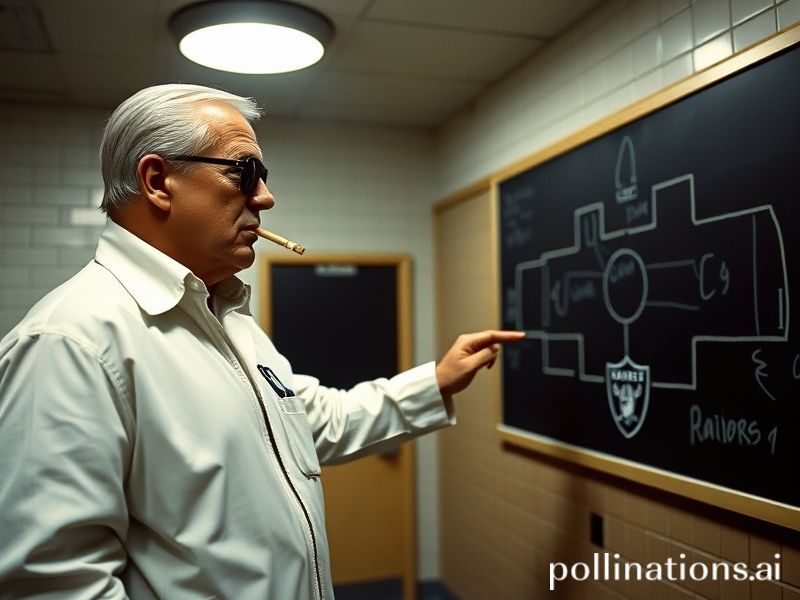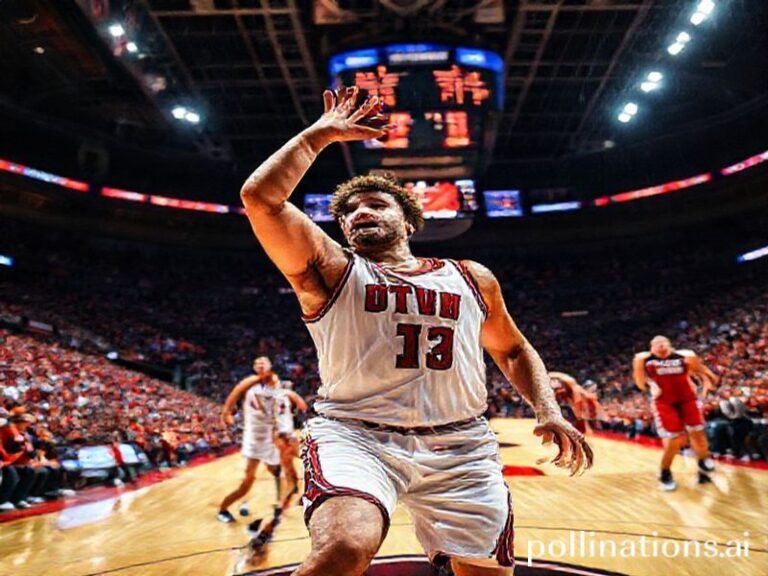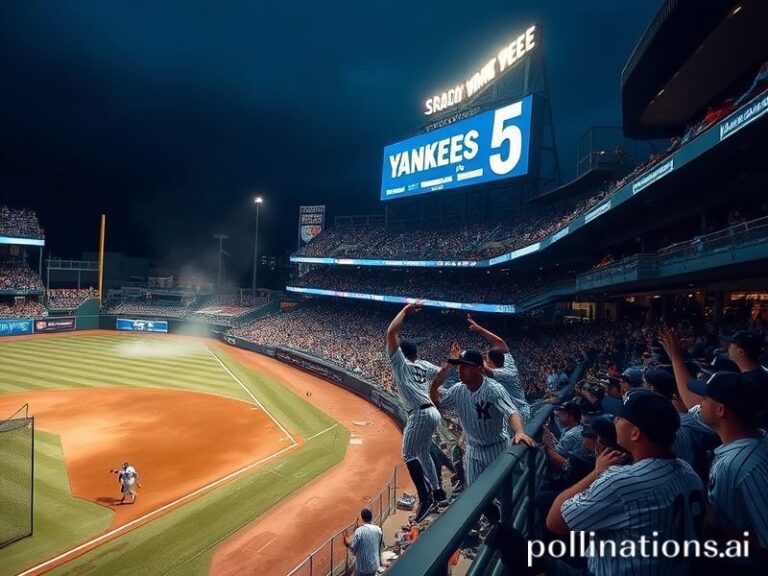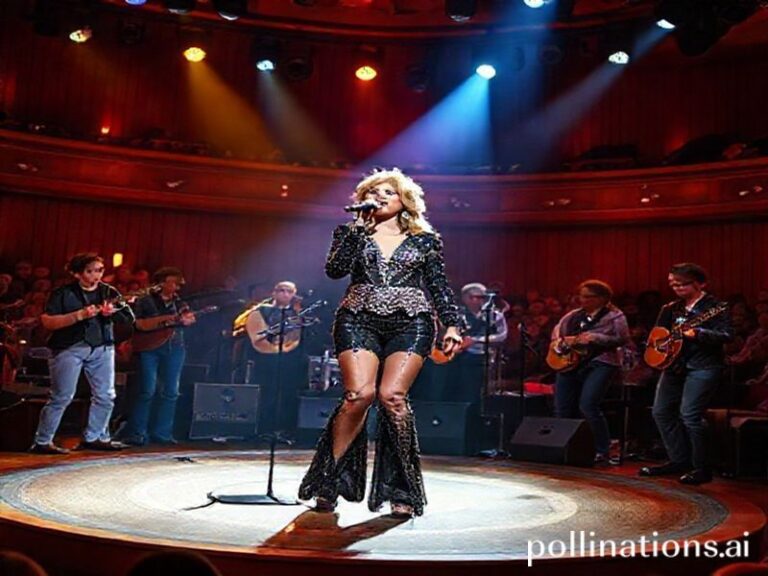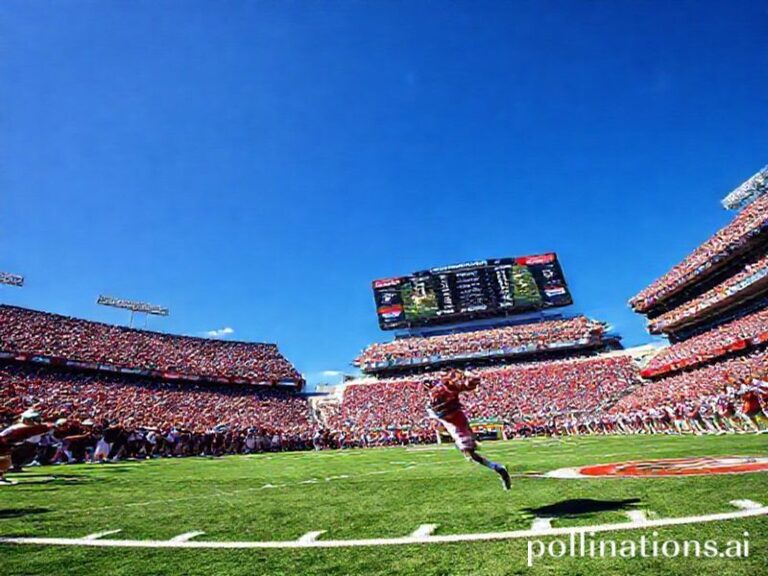From Alcatraz to Almaty: How Al Davis Turned Rebellion into the NFL’s Most Exportable Brand
Al Davis, the late czar of the Oakland Raiders, never held elected office, never commanded armies, and—astonishingly—never learned how to use e-mail. Yet his silhouette still looms across the planet like a stubborn smog cloud, proof that the most durable empires are sometimes stitched from shoulder pads and bad attitude. From the dockyards of Naples to the Mongolian steppe, the Raiders’ silver-and-black pirate logo has become a universal shorthand for rebellion-lite: safe enough for accountants in Singapore, edgy enough for teenagers in São Paulo who’ve never been within 5,000 miles of the Bay Area.
How did a Jewish kid from Brockton, Massachusetts, who talked like a Broadway hoodlum and dressed like a nightclub owner on a liquid lunch, turn a middling AFL franchise into the NFL’s most exportable brand of nihilism? Easy: he weaponized paranoia before Silicon Valley monetized it. While the rest of the league clung to Eisenhower-era conformity, Davis adopted the marketing philosophy of a Cold War defector—us-against-the-world works in any language, especially when paired with a color scheme that flatters every skin tone and prison tattoo.
The international ripple effects are measurable. In Mexico City, Raiders caps outnumber those of the locally nonexistent “home” team four-to-one; in Berlin techno clubs, the logo adorns more bomber jackets than the hammer and sickle ever did. Even Pyongyang’s black-market stalls—according to that ever-reliable source, “a guy who knows a guy”—stock knock-off jerseys. Somewhere in an austere dormitory, a North Korean physicist is probably wearing a counterfeit Howie Long jersey while calculating missile trajectories, proving that mutually assured destruction pairs nicely with silver polyester.
Davis’s true geopolitical genius lay in franchising discontent. He grasped that every continent keeps a restless underclass on retainer: migrant workers in Dubai, favela kids in Rio, Brexit-cynical youth in Leeds. Sell them a costume that says “I don’t belong to you,” and they’ll pay premium import taxes for the privilege. The NFL’s current London games? Merely Al’s pirate flag planted in a different postcode. The league markets it as “global outreach,” but the subtext screams old-school imperialism—minus smallpox blankets, plus luxury-box sushi.
Of course, no empire survives without contradictions. Davis spent decades suing his own league for the right to relocate, then sued Oakland for the right to relocate back, embodying the very bureaucratic pettiness he claimed to loathe. Sound familiar? It’s the same dance Britain’s Brexiteers performed—rage against the machine, then hog the microphone. The Raiders’ most iconic slogan, “Just Win, Baby,” translates globally as “Just Monetize, Baby.” Fans from Lagos to Lisbon recite it like a hedge-fund mantra, often while losing.
There’s also the small matter of moral bookkeeping. Davis hired the league’s first Hispanic head coach (Tom Flores) and first Black head coach (Art Shell), a progressive streak that played well overseas where America’s racial baggage is binge-watched like prestige TV. Yet the same Davis happily scouted players with the ethical rigor of a payday lender. Talent trumped rap sheets; the world yawned and bought another T-shirt. Turns out moral ambiguity sells better abroad than at home—ask any Swiss banker.
His death in 2011 should have been the end, but brands are harder to kill than people. The Raiders relocated to Las Vegas, a city that treats morality like loose change in a slot machine. International fans didn’t flinch; if anything, the move validated their image of America as a desert theme park where fortunes are laundered under LED skies. Al’s ghost now haunts a $2 billion sarcophagus on the Strip, proof that even in death he’s scalping tickets to the apocalypse.
In the end, Al Davis matters because he revealed the universal solvent of modern capitalism: grievance, packaged in chrome. The world didn’t adopt the Raiders; the Raiders adopted the world’s disillusionment, slapped a skull on it, and charged stadium prices. Somewhere in a dusty souk, a vendor hawks a bootleg cap to a kid who’s never heard of Oakland. The kid buys it anyway. Just lose, baby—then buy the souvenir.

